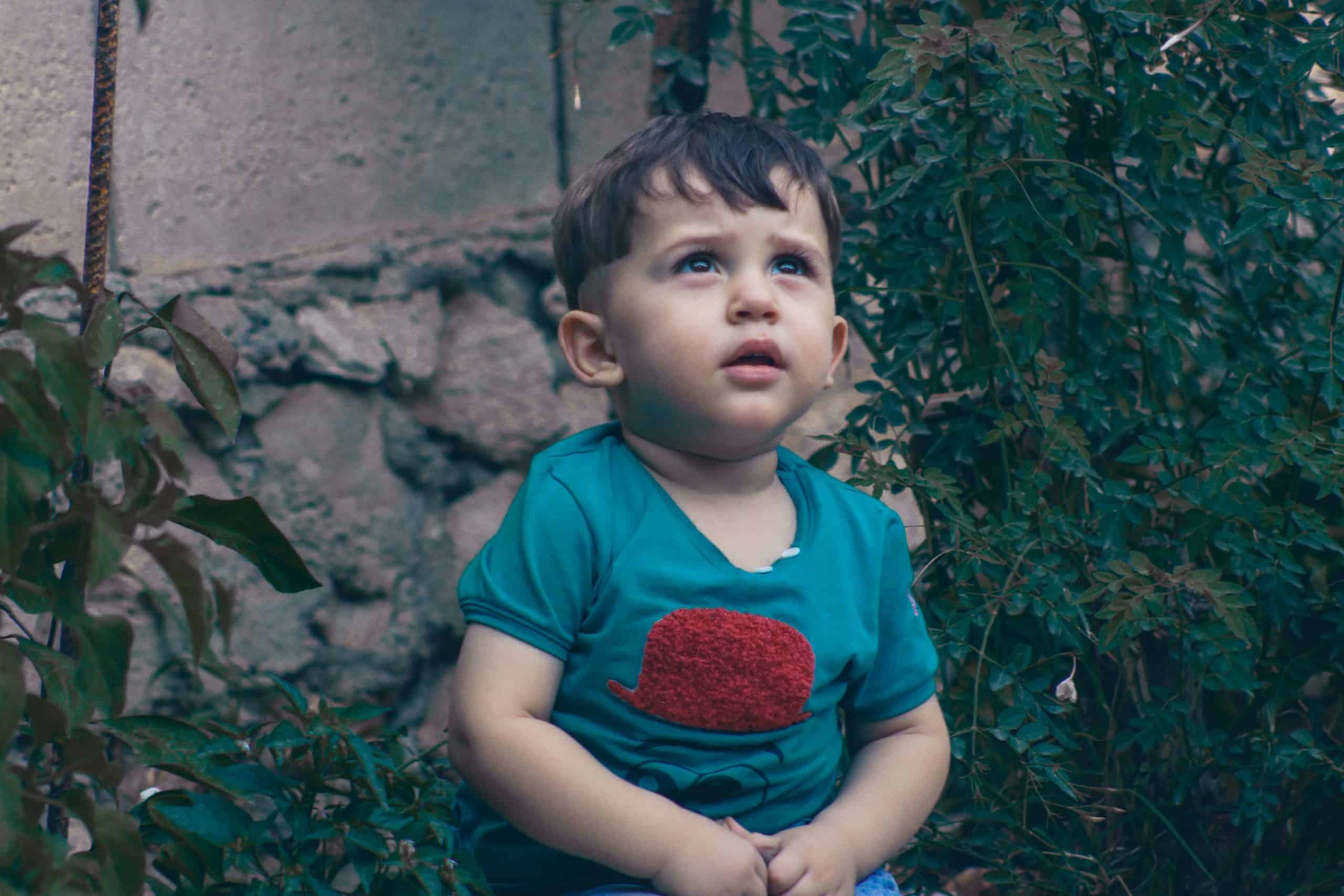
First published: 25 March 2022 @ 6:00 pm
One of the most important lessons we learn as parents is how to effectively discipline our kids.
Discipline involves more than just telling your child what to do, it also includes helping them understand why they are being disciplined and teaching them how to make good choices in the future.
If you have a difficult toddler, you will find that discipline is not always easy.
As a parent, you may find that your kid’s behavior is out of control. Your kid may not listen to you, they may throw temper tantrums, and may act defiant.
You are not alone in your struggle with a difficult toddler.
Difficult toddlers are often very frustrated with their behavior and lack of ability to communicate effectively with their parents. The toddler does not know how to express their feelings and needs in a healthy way.
If you are the parent of a difficult toddler, you can learn the following 10 tips for parenting. These will help improve your relationship with your kid and keep the lines of communication open:
1. Set realistic limits

When your kid is acting out, you will find that you are tempted to overreact.
This is the wrong approach.
Your child will be frustrated and feel like they are being punished for something they did not do. This only reinforces their behavior and makes it more likely that they will act out again in the future.
Instead, set clear limits with your kid. This does not mean that you need to yell at them or use physical punishment, but instead, it means explaining to them why you are disciplining them and helping them understand how their behavior affects other people in the family.
2. Don’t give in to corporal punishment
Physical punishment, such as spanking, can be very effective in the short term.
However, this type of discipline is not effective long term. As much as possible, discipline should be done without yelling or corporal punishment when they do something wrong.
Discipline that includes physical punishment teaches your kid that violence is an acceptable way to solve problems. This is not a healthy way to raise a kid and will lead to future behavioral problems and aggression in your kid’s life.
Instead, try other types of discipline that include using time-outs and using words instead of physical punishment. For example, put them in their room or in a time-out chair for a set period of time.
3. Give them undivided attention
As a parent, you are busy.
You have to go to work, take care of the house, and take care of your kid. If you are constantly busy, it is hard to give your kid the attention they need.
Still, it is important that you make time for them. Sometimes kids act difficult because they’re trying to get some of your love and care.
When you make time for your kid, they will learn that there is something special about them and will become more comfortable with themselves.
4. Limit distractions
If your child is being difficult by doing something that you don’t want them to do, you will find that distractions can help you solve the issue quickly.
However, this is not a healthy way to discipline your child. You should only use distractions when it is necessary.
For example, if your child throws a temper tantrum because they are tired or hungry, you will find that distraction tactics like going out to get a snack or getting them a drink of water can help get them to stop crying.
However, this should be the exception rather than the rule. If you find yourself using distractions too often, try setting limits the amount of times this is passable. After a certain point, you should buckle up and properly discipline them for the behavior.
5. Use a firm tone of voice
When you discipline your kid, you should use a firm tone of voice. A firm tone of voice will let your kid now that you are not joking around and that you are serious about what you are saying.
Your kid will then be more likely to listen to you and understand why they are being disciplined. If your kid has a short attention span, this will help them stay focused on what you are saying.
6. Encourage their positive attributes
Your kid may act difficult because they are frustrated that they are not good at something.
Make sure this doesn’t happen by highlighting the various positive things that your child does. You can do this by praising your kid for their good qualities and encourage them to show off these positive traits.
This will help teach your child that they have positive attributes and will be more likely to continue doing the things that they are good at. Your loved one will be a more confident and happy child.
7. Focus on their accomplishments
When your child is acting difficult, it can be easy to forget that they are actually a good kid. If you can’t remember how good your child is, try to remember the things that they have accomplished in the past.
This will help you see how good of a kid they really are and give you more motivation to work with them.
8. Pay attention to their food preferences

If your child is being difficult by being a picky eater, you will find that you have to make food changes to their diet.
Try eliminating foods that your child dislikes and try giving them more of the foods that they like.
This can be a one-and-done thing if your child naturally loves eating healthy foods. However, it’s way more likely that, if given the chance, they’d rather eat junk food and teeth-rotting sweets for all their meals.
So, don’t forget to slowly introduce them to different varieties of nutritious foods. You can do this, for example, by taking their favorite food and adding some other healthy foods as a side dish to it.
9. Set aside some quality time
Even if you don’t have time to do anything special with your child, you can still set aside some quality time.
This will allow you to have a break from your busy schedule and give your child some quality time. You can also teach them new things while they are having fun together.
You can do this by going on walks, playing games, reading books, or just taking a quick nap together. Spending ample time together with your kid will let them feel loved and cared for.
10. Create a rewards system
When you are disciplining your child, you should not focus on all the lows and ignore the highs.
It can be beneficial for you to create a rewards system for when they do stay well-mannered and obedient. You can do this by giving them treats, giving them extra attention, or giving them money.
Give them a break from their stressful day and give them a chance to play with toys or watch TV. This will help them feel more relaxed and will reduce the stress they feel in general. Making sure they’re getting a break can help them to be less frustrated and have a better mood.
Want to know more about how to be a super parent for your loved ones? Read more parenting tips over at Mature Parent!



